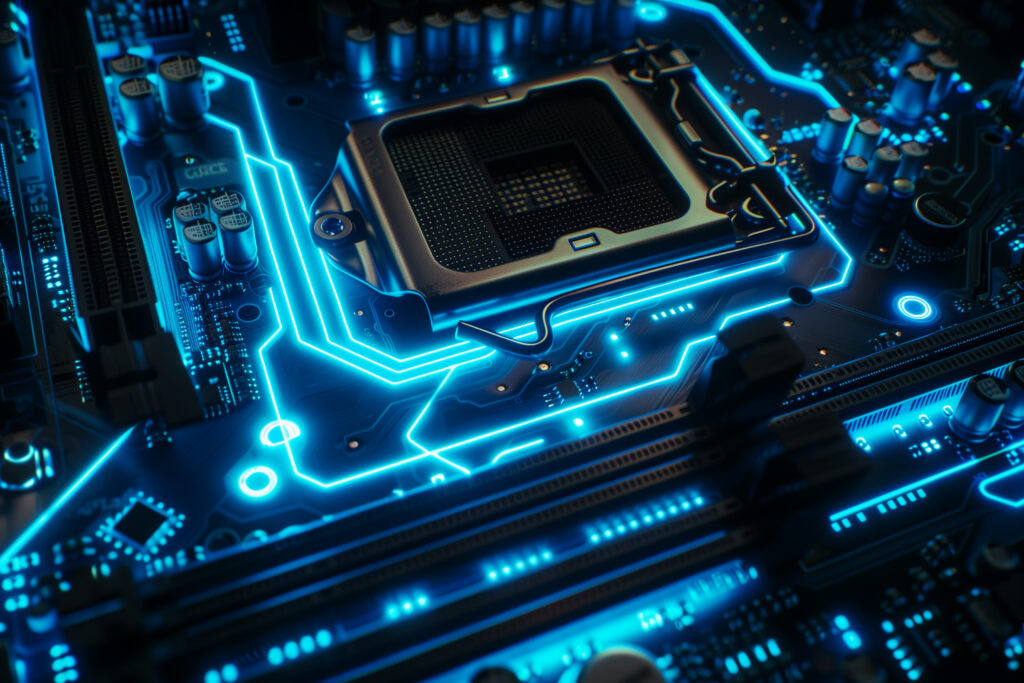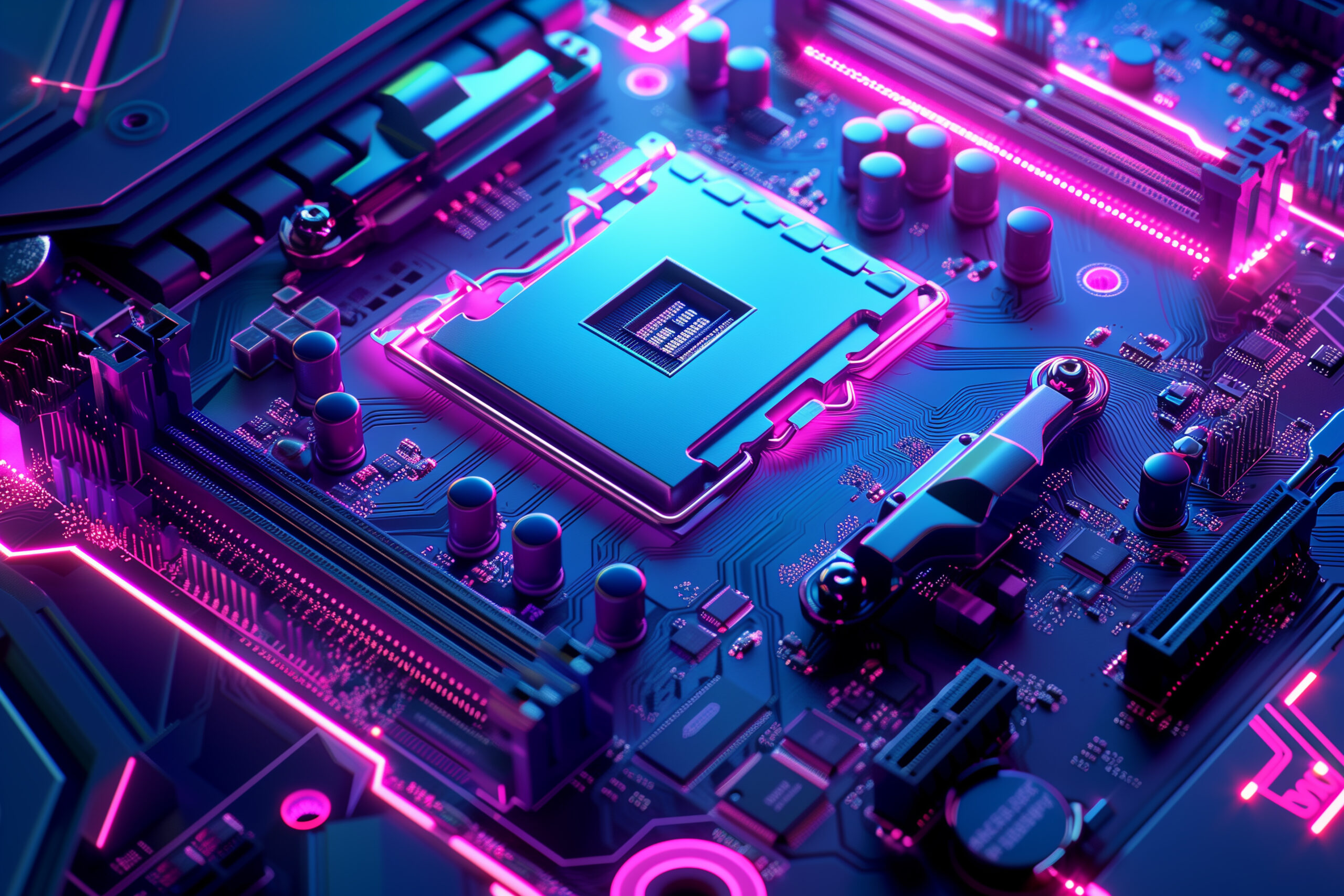If you’re serious about gaming, you’ve probably asked yourself: what does RAM do for gaming, and does it really matter as much as people say? The answer is yes, and this article explains why.
RAM (Random Access Memory) is one of the most important components of your gaming rig, yet it’s often overlooked compared to GPUs and CPUs. But in truth, what does RAM do for gaming goes beyond basic memory—it affects game speed, performance, loading times, and even your ability to stream or multitask while gaming.
Let’s dive into what RAM does for gaming in 2025 and how it directly affects your gameplay experience.
What Is RAM in Gaming?
RAM (Random Access Memory) acts like your PC or console’s short-term memory. It stores temporary game data like maps, textures, and actions your character takes. Instead of accessing everything from your slower storage drive, games pull this data from RAM—much faster and more efficiently.
So, what does RAM do for gaming in this case? More RAM = faster access = smoother gameplay. Without enough of it, you’ll deal with stutters, lag, and long load times.
Why Is RAM Important for Gaming?

So, what does RAM do for gaming in real-world terms? Here’s a breakdown:
- Reduces Load Times: Fast RAM lets your system load game data quickly.
- Improves FPS Stability: Especially in open-world or resource-heavy games.
- Helps Multitasking: Streaming, recording, Discord—RAM keeps it smooth.
- Prevents Game Crashes: Low RAM = higher chance of freezing or crashing mid-game.
Understanding what RAM does for gaming can help you avoid frustrating crashes and lag. It’s the silent hero behind every flawless headshot and seamless mission.
How Much RAM Do You Need for Gaming in 2025?
Here’s what gamers should aim for:
| User Type | Recommended RAM |
|---|---|
| Casual / Budget | 8GB (minimum) |
| Regular Gamer | 16GB (recommended) |
| Pro Streamer | 32GB (optimal) |
Tip: Always buy RAM in dual-channel kits (2x8GB, 2x16GB) to improve performance through better bandwidth. This is especially true when considering what does RAM do for gaming across different setups.
RAM Speed & Latency: Do They Matter?
Absolutely. It’s not just about size; speed and latency impact how RAM performs.
- Faster RAM (3200MHz or higher) helps with frame rate consistency.
- Lower latency (CL16 or better) means quicker data processing.
And yes, what does RAM do for gaming here is improve overall smoothness, especially in games like Valorant, Warzone, and Starfield. That’s where it really shines.
Real Gaming Benchmarks
Here’s what performance looks like across different RAM setups:
| Game | 8GB RAM | 16GB RAM | 32GB RAM |
|---|---|---|---|
| Cyberpunk 2077 | Laggy, stutter | Smooth gameplay | Ultra-smooth |
| Call of Duty Warzone | Slow loading | Stable FPS | Multitasking while streaming |
| GTA V (modded) | Barely playable | Good performance | Seamless |
Clearly, what does RAM do for gaming is proven here less lag, more speed, better multitasking.
RAM Myths You Should Ignore
Let’s debunk a few common myths:
- “More RAM always means more FPS” – Not true. FPS only improves if you were previously RAM-limited.
- “You don’t need more than 8GB” – That was 2015. Modern games easily use over 12–16GB.
- “RAM is more important than GPU” – Both matter, but GPU still leads for visual performance.
That said, understanding what does RAM do for gaming helps balance your upgrade decisions smartly.
Optimize RAM for the Best Gaming Experience
Want smoother gaming? Follow these tips:
- Enable XMP in BIOS for full speed.
- Close background tasks (Chrome, Spotify, etc.).
- Use memory cleaner tools like CleanMem.
- Choose low-latency RAM kits with at least 3200MHz speed.
These tips are perfect for gamers wondering what does RAM do for gaming beyond just memory—it’s about performance, efficiency, and smooth operation.
What’s the Difference Between RAM and VRAM?
Don’t confuse RAM with VRAM. While RAM supports general tasks, VRAM (Video RAM) on your GPU handles textures, shadows, rendering, and resolutions.
You need both for perfect performance. Even if your GPU is strong, low system RAM will still bottleneck performance. And that’s a big part of what RAM does for gaming in modern titles.
Learn more about this from Intel’s guide on gaming RAM.
What Is Ping in Gaming? (And Why RAM Isn’t the Only Factor)
You’ve optimized your RAM, but still face lag in online games?
That could be due to ping, not memory.
Ping is the time (in milliseconds) it takes for your device to communicate with the game server. A high ping results in delay (also known as lag), no matter how strong your hardware is.
We’ll be covering this topic in our upcoming article [What Is Ping in Gaming?] Stay tuned to explore how ping affects your online gaming experience.
Conclusion: What Does RAM Do for Gaming in 2025?
So, what does RAM do for gaming? It handles the background processes, enables fast load times, stabilizes frame rates, and powers your ability to multitask and stream.
If you’re still on 8GB, you’re missing out. For the best experience:
- Go for at least 16GB
- Choose high-speed, dual-channel kits
- Combine it with a solid GPU and a good ping
Also, don’t forget to explore the best gaming blogs to keep your gaming knowledge up to date and learn more about what RAM does for gaming.
Final Tip for Gamers
Before you buy that next game, check your specs. Think again about what does RAM do for gaming—because upgrading it might be the game-changer your system needs.
Bookmark BeeGameX and stay ahead of every gaming trend—because performance starts under the hood.


